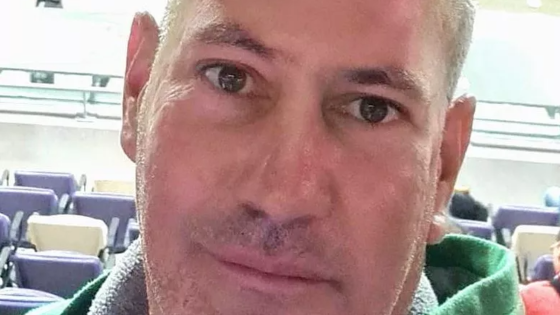The RCMP feared they didn’t have enough evidence to keep an alleged ISIS supporter in custody after his dramatic arrest in a small Quebec town near the U.S. border earlier this month, according to newly obtained court records.
And if he were released, police suspected Muhammad Shazheb Khan would still go on to carry out his alleged mass murder plot targeting Jews in New York.
The details are contained in files released to CBC News on Monday by Quebec Superior Court in Montreal. The documents shed new light on the process behind the scenes as Canadian authorities detained the 20-year-old Pakistani citizen on a U.S. terrorism charge.
“The RCMP had grounds to arrest Khan on the information provided by the U.S. but they do not have enough evidence to keep Khan in custody,” Det.-Const. Charlene Smith of the Toronto Police Fugitive Squad said in a sworn affidavit on Sept. 4, the day of Khan’s arrest in Ormstown, Que.
The affidavit was filed in Ontario Superior Court in Toronto, as police sought to have Khan re-arrested to be extradited to the U.S., to face a charge of attempting to provide material support and resources to a designated foreign terrorist organization, ISIS.
While court records list a Mississauga address as Khan’s residence, CBC News visited the location and found the unit is an office housing an immigration firm. Khan is currently being held in a provincial jail in Montreal.
Muhammad Shahzeb Khan, the Pakistani national arrested in Quebec and accused of planning to kill Jews in New York, appeared in a Montreal court as U.S. officials presented evidence against him, including a photo of a weapon he posted online.
“If Khan is released, the RCMP do not know if he will continue on to the U.S. to commit the offences set out in this request,” Smith said.
Smith said Khan would be a “flight risk” if he’s released, since he has “no ties to Canada and has family in Pakistan.”
Authorities worried Khan may flee to Pakistan
Federal Immigration Minister Marc Miller revealed last week that Khan arrived in Canada in June 2023 on a student visa.
“If Khan were to flee to Pakistan, the United States would have limited ability to arrest and extradite him because, although there is an extradition treaty between the two countries, Pakistan is not a cooperative partner in extradition,” the Toronto detective said in the court filing.
Canadian authorities arrested Khan after receiving information from their American counterparts that said he was involved in a plot to shoot Orthodox Jews at an unspecified location in Brooklyn. The attack was set for Oct. 7, the first anniversary of Hamas’s offensive into Israel, the FBI alleges.
The planned attack had “the stated goal of slaughtering, in the name of ISIS, as many Jewish people as possible,” U.S. Attorney General Merrick B. Garland, said in a statement at the time of Khan’s arrest.
American authorities said the information about the alleged terrorist plot came from conversations between the accused and two undercover officers on an encrypted messaging app.
Lawyer says Khan was ‘surprised’ by arrest
The court files obtained in Montreal include two pictures of Khan: a headshot taken after his arrest and an undated photo in a wooded area downloaded from Facebook.
According to the court files, Khan used the name “Shazheb Jadoon” on social media. Investigators said they were able to match the suspect – who had been in communication with undercover officers over encrypted chat – with Khan because photos and phone numbers matched with his public social media accounts.

The Montreal court files list a Mississauga address as his Canadian residence. CBC News has reached out to several post-secondary institutions in the area. None agreed to comment on whether Khan was enrolled there.
Khan’s lawyer, Gaétan Bourassa, appeared briefly on his behalf in a Montreal courtroom last week – a second brief hearing as part of the U.S. extradition process. A judge ordered Khan to appear in court by video link on Dec. 6.
“He was surprised first that he was arrested at the border in special circumstances that we’re going to have to look at,” Bourassa said.
Canadian prosecutors have not laid charges in the case.
Source Agencies




